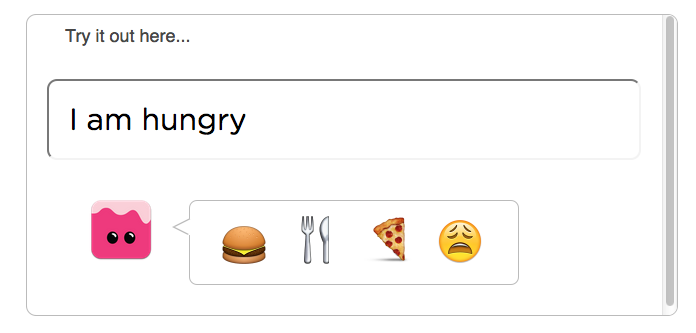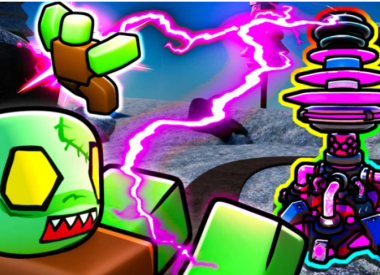If selecting the proper emoji gives you decision fatigue, help has arrived. Toronto-based startup Whirlscape has created an Android app called Dango that makes finding relevant and appropriate emojis seamless. According to Whirlscape, Dango is “a floating personal assistant that works in any messaging app, alongside any keyboard.”
The app makes emoji suggestions based on what you’re typing. Essentially, it filters through the thousands of icons to make suggestions on which emoji should accompany your message. Tapping on the suggestion will add the emoji to your conversation.
“Dango is a floating assistant that runs on your phone and predicts emoji, stickers and GIFs based on what you and your friends are writing in any app,” writes Xavier Snelgrove, Whirlspace’s cofounder and CEO, on the company blog. “This lets you have the same rich conversations everywhere: Messenger, Kik, Whatsapp, Snapchat, whatever. (Just making this possible in every app is an engineering challenge of its own, but that’s another story).”
Deep learning sets the app apart from other available emoji suggestions. Snelgrove told MIT Technology Review Dango scanned posts on Instagram, reddit and Twitter to hone its skills.
What does this mean? Instead of just offering an avocado emoji when a user types avocado, deep-learning techniques allow the app to digest sentences. So, when a user types “I am hungry,” they will have suggestions like food emojis, utensil emojis and an emoji that showcases a hungry face.

“The data-driven approach to emoji prediction means that Dango is smarter about emoji than we are,” writes Snelgrove. “Dango has taught us new slang, and inventive ways that people around the world tell stories with emoji. For instance: if you write "Kanye is the," Dango will predict the [goat] emoji. This goat of course represents Greatest of All Time (G.O.A.T), a title Kanye bestowed upon himself earlier this year.”
People with iPhones should not hold their breath for an iOS compatible app, as it is only available for Android devices. Apple’s restrictions limit software developers from creating such an app for their products.

















